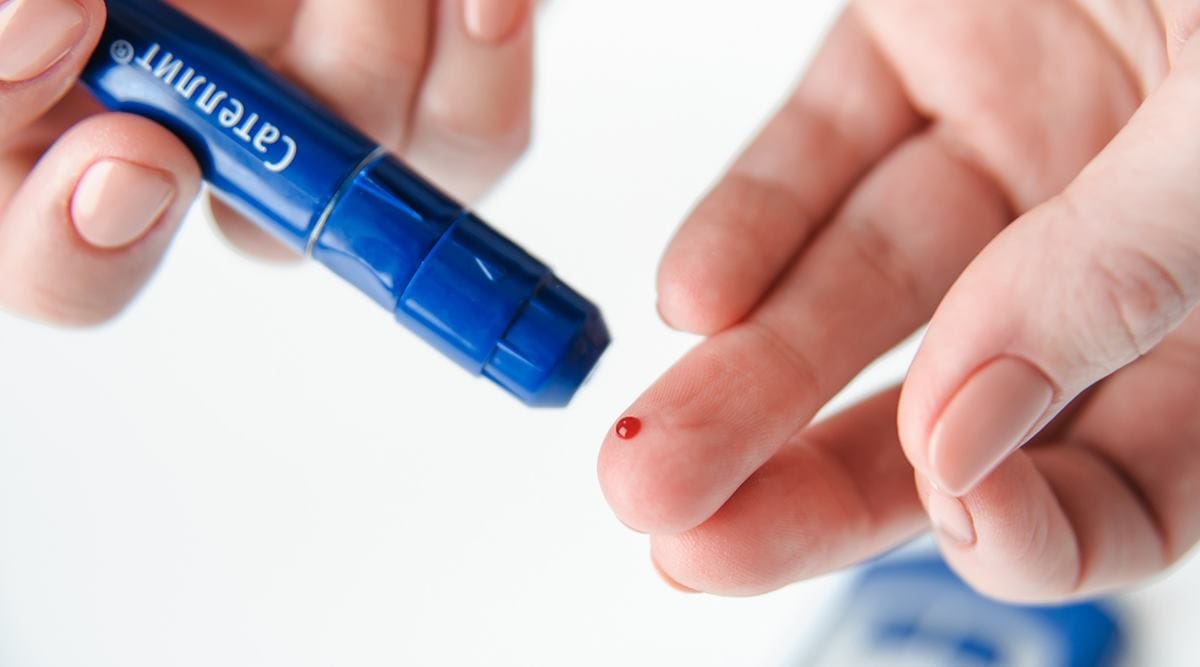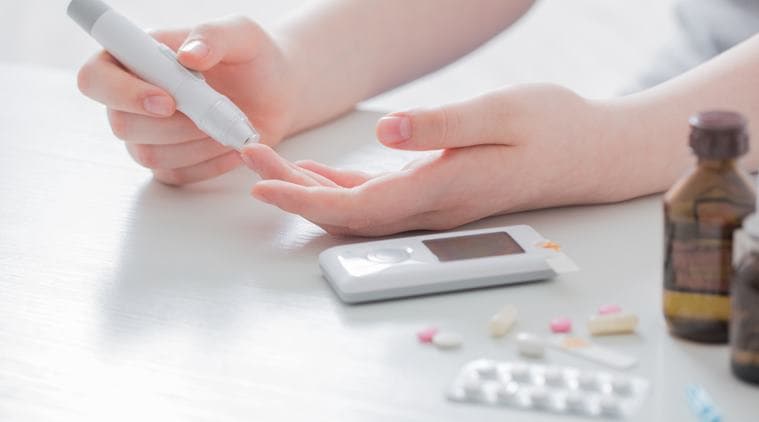People with diabetes develop hypoglycemia when they do not have enough sugar (glucose) in their blood, and it may differ from person to person

Blood sugar or glucose is the body’s main source of energy. As such, when one has abnormally low blood sugar levels, the body’s ability to properly function may get impaired and lead to hypoglycemia or low blood glucose levels.
People with diabetes develop hypoglycemia when they do not have enough sugar (glucose) in their blood, and it may differ from person to person. Hypoglycemia or low blood sugar develops when the blood sugar levels fall below 70 mg/dL or 3.9 mmol/L. This Diabetes Awareness Month, here’s everything you need to know about the condition and what you can do about it.
How common is hypoglycemia?
The condition is common among people with type 1 diabetes and those with type 2 diabetes who take insulin shots or consume other diabetes medicines. “In an international study of people with diabetes who take insulin, published in Diabetes, Obesity and Metabolism journal, four in five people with type 1 diabetes and approximately 50 per cent of those with type 2 diabetes reported low blood sugar levels at least once a month,” said Dr Swapnil Shah, M.D. E.C.F.M.G.(USA), wellness physician and diabetologist, Lyfstyle Wellness.
Why is it a concern?
Hypoglycemia is a much bigger problem than hyperglycemia (high sugars) because the sympathetic nervous system kicks in increasing adrenaline, cortisol, and growth hormones ultimately resulting in increased heart rate, blood pressure, said Dr Dilip Gude, senior consultant physician, and diabetologist, Yashoda hospitals Hyderabad.

“This heightened response may result in heart attacks in those with already existing heart disease. Additionally, if severe hypoglycemia is not reversed in less than 20 minutes, there may be irreversible damage to the brain as well,” he said.
Fear of hypoglycemia can cause the patient to take less insulin to ensure their blood sugar level doesn’t go too low. This can lead to uncontrolled diabetes at times, mentioned Dr Ashutosh Goyal, senior consultant, endocrinology, Paras Hospitals, Gurgaon.
Symptoms
As per MayoClinic.org, initial signs and symptoms of diabetic hypoglycemia include:
Shakiness
Dizziness
Sweating
Hunger
Fast heartbeat
Inability to concentrate
Confusion
Irritability or moodiness
Anxiety or nervousness
Headache
Some uncommon symptoms may develop in severe hypoglycemia, which includes:
*Seizures
*Loss of consciousness
“Since these symptoms are not specific to hypoglycemia, it is advisable to measure the blood sugar levels when a person with diabetes experiences them. In that case, one would know whether the symptoms have developed due to abnormal glucose levels,” noted Dr Shah.
Causes of diabetic hypoglycemia
Taking too much insulin or consuming an excess of diabetes medications
Postponing or skipping a meal or a snack
Not eating enough (taking in less glucose)
Doing too much exercise (using up glucose) without adjusting diabetes medications
Drinking alcohol
Treatment
As per MayoClinic.org, one can raise their blood sugar quickly by eating or drinking a simple sugar source, such as glucose tablets or fruit juice. ‘Tell family and friends what symptoms to look for and what to do if you’re not able to treat the condition yourself,’ it states.
While mild to moderate hypoglycemia can be easily treated, severe hypoglycemia can cause serious complications like passing out, coma, and rarely death, said Dr Shah.
According to Dr Shah, frequent hypoglycemia episodes can result in:
*Elevated blood sugar levels; if worry or fear of hypoglycemia prevents one from taking medicines, one needs to manage their diabetes
*Hypoglycemia unawareness, a condition in which one may not notice any symptoms of low blood glucose until the blood glucose level has dropped very low
Prevention
Dr Shah mentioned that people with diabetes should take the following actions to prevent hypoglycemia
*Checking blood sugar levels regularly using a glucometer
*Making sure to include enough carbohydrates in daily meals and snacks
*Carrying a candy, fruit juice or a dry snack along
*Monitoring blood sugar levels before, during and after any physical activity or exercise and adjusting medicines accordingly with the help of a doctor
*Regularly following up with your doctor and taking medicines as prescribed
Avoiding sulfonylureas, minimising insulin dose per day, switching to safer second-generation basal insulins, gliptins, SGLT2 inhibitors, GLP1R agonists, metformin, alpha-glucosidase inhibitors, etc with optimal diet and exercise will help one minimise their hypoglycemia risk, recommended Dr Gude. “Continuous glucose monitoring devices are available which give a minute-by-minute update on sugar levels and alarm when sugars go low or high. This helps one understand the risk and act accordingly,” he mentioned.
? For more lifestyle news, follow us on Instagram | Twitter | Facebook and don’t miss out on the latest updates!
? The above article is for information purposes only and is not intended to be a substitute for professional medical advice. Always seek the guidance of your doctor or other qualified health professional for any questions you may have regarding your health or a medical condition.
Source: Read Full Article
